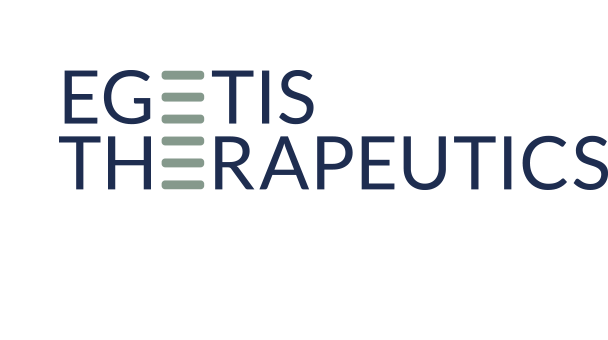Design of pivotal Phase IIb/III study for Aladote® finalized after completed interactions with FDA, EMA and MHRA
October 14, 2020
Stockholm, Sweden, October 14, 2020. PledPharma AB (publ) (STO: PLED) announced today that after interactions during Q2-Q3 2020 with the US Food and Drug Administration (FDA), the European Medicines Agency (EMA) and the Medicines & Healthcare products Regulatory Agency (MHRA) in the UK, the company has finalized the study design for the pivotal Phase IIb/III study for Aladote®, a drug candidate intended to prevent liver damage associated with paracetamol poisoning. Submission of marketing authorization applications in the US, EU and UK are planned for 2023 after study completion.
Aladote is a “first-in-class” drug candidate developed to prevent liver damage caused by paracetamol overdose in patients arriving late at hospital for which current standard of care, N-acetylcysteine (NAC), is no longer effective. It has been granted Orphan Drug Designation (ODD) in the US and is eligible for an ODD in the EU after Brexit, for which an application is being developed. A proof of principle study has been successfully completed with Aladote, establishing safety and tolerability, and providing an indication that Aladote may reduce liver injury. Interactions with FDA, EMA and MHRA during Q2-Q3 2020 have focused on finalizing study specific details to enable initiation of the Phase IIb/III study.
The design of the Phase IIb/III study for Aladote
The Phase IIb/III study is targeting increased-risk patients arriving late at hospital, more than 8 hours after a paracetamol overdose, for which current standard of care, NAC, is no longer effective. The study consists of two parts with an interim analysis in between carried out by an independent Drug Safety Monitoring Board (DSMB). In the first part of the study, 45 patients per treatment arm (or 50% of the planned number of patients per treatment arm) will be randomized into one of three treatment arms: Aladote 5 µmol/kg; Aladote 2 µmol/kg; or placebo, as add-on to the 21 hrs licenced regime of NAC. At the interim analysis, three things will be performed. First, a futility analysis will be carried out stopping the study prematurely if there is insufficient support for the efficacy of Aladote. Second, one of the two Aladote doses will be selected to be continued in the second part of the study. Third, a sample size re-estimation for the second part of the study will be performed to ensure the study has sufficient statistical power to show a treatment effect of Aladote.
In the second part of the study, patients will be randomized to the selected Aladote dose or placebo as add-on to NAC. When the second part has been completed, data from both parts of the study will be combined into the efficacy analysis. The primary efficacy endpoint measures prevention of liver injury as a composite endpoint of ALT and INR at the completion of the 21 hrs treatment period, similar to the criterion for when a patient is discharged from hospital. The safety evaluation will include both in-hospital data as well as data from remote follow-up of patients. The total planned sample size is 225 patients, who will be enrolled in the US, UK and in at least one EU country. The first patient is planned to be randomized in the study in H1 2021, pending approved clinical trial applications and no unexpected disruption due to COVID 19.
“We are very pleased to have completed the interactions with FDA, EMA and MHRA on the design of the pivotal Phase IIb/III study for Aladote and look forward to initiating the study. Our close collaboration on the study design with the planned coordinating investigators, Dr. James Dear, Edinburgh University, UK and Dr. Richard Dart, Rocky Mountain Poison & Drug Safety, US has been an important success factor. Further, it is reassuring to confirm that none of the regulatory agencies raise any particular hurdles for Aladote because of the safety observations made during the POLAR program with PledOx earlier this year. We are committed to the continued development of Aladote and believe it has the potential to be the first approved drug to benefit patients who are not adequately treated with NAC after a paracetamol overdose” said Nicklas Westerholm, CEO, PledPharma.

